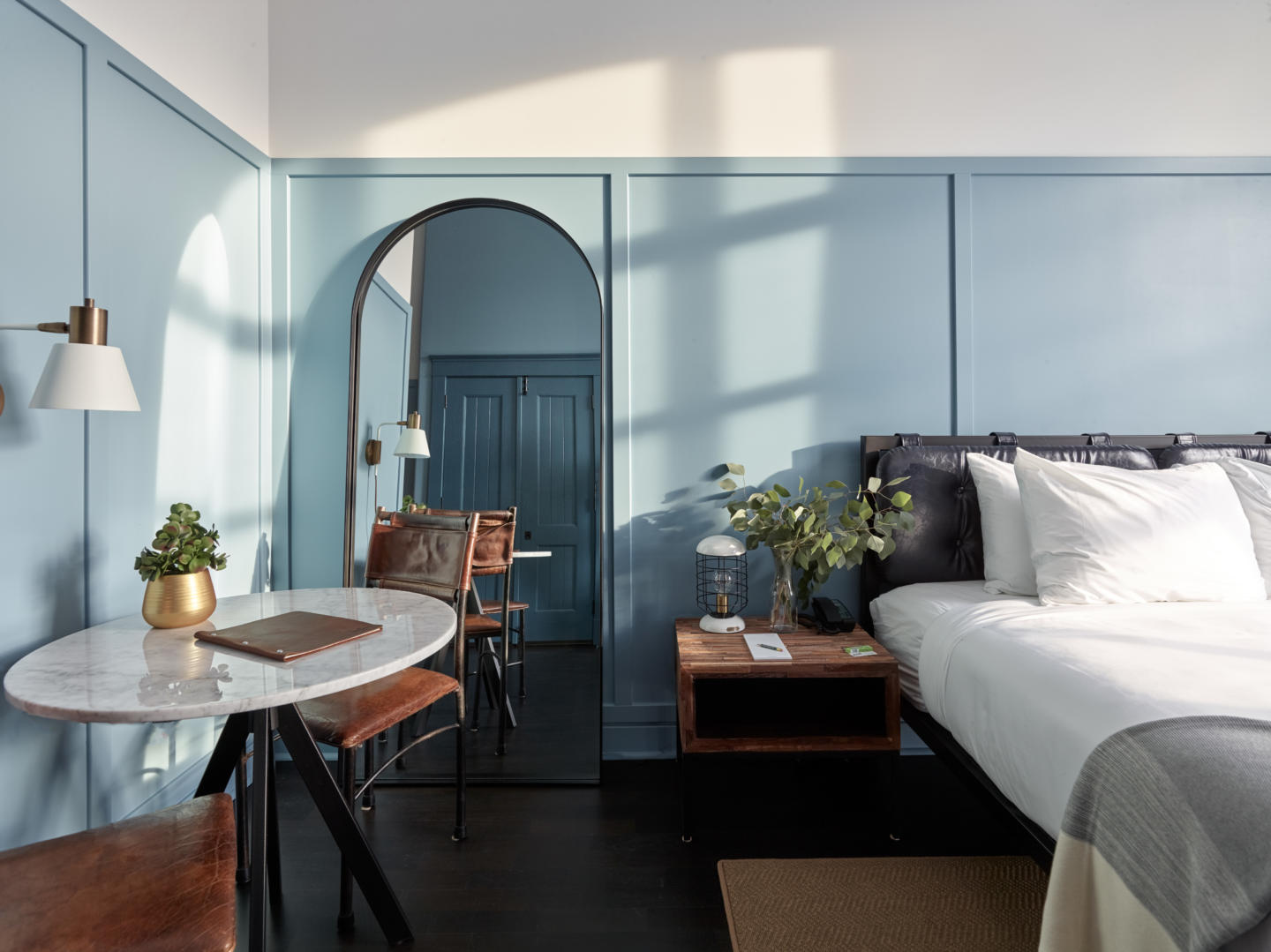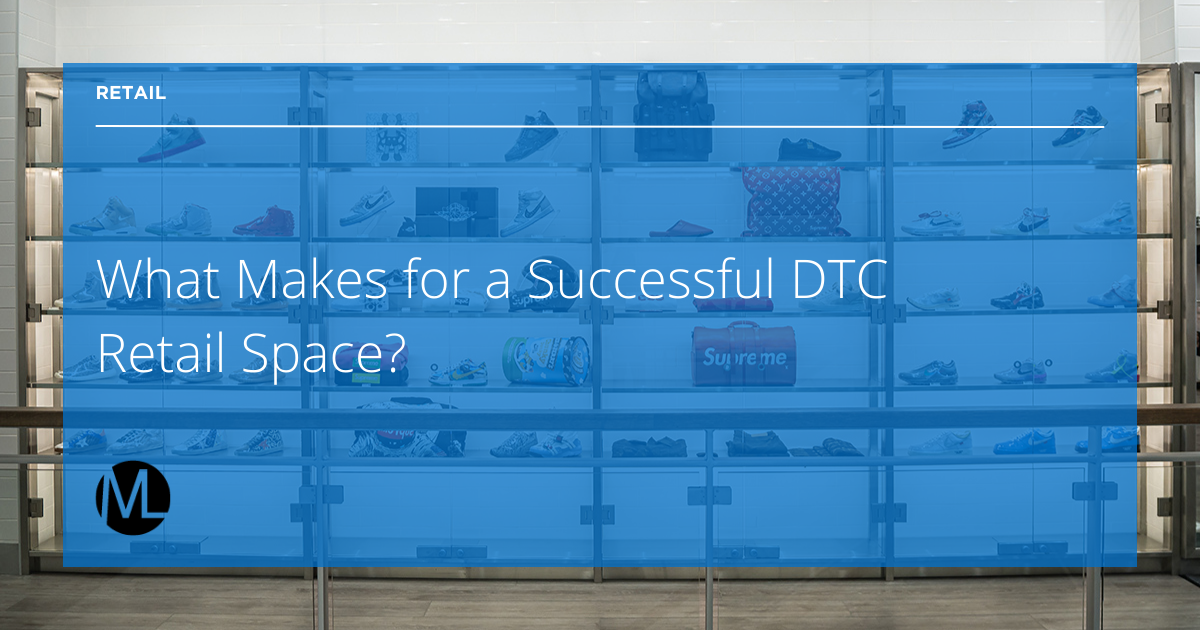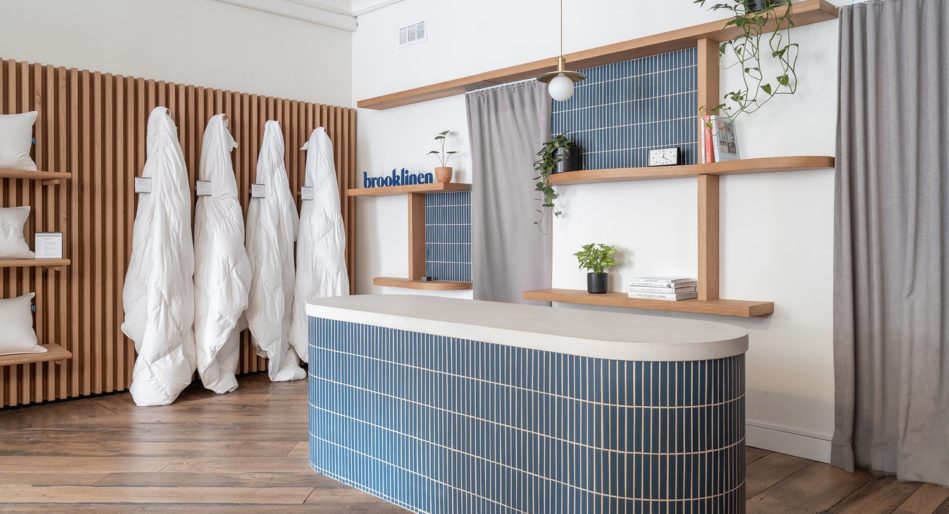Four Things to Learn from Successful Boutique Hotels
Over the past few months, we’ve dug deep into the world of boutique hotels. These exciting spaces embrace local flair and provide an unforgettable experience. But what makes them so different? What can you learn from success stories? We hope to explain all this and more below.
From our initial look into the rise of boutique hotels and history of these spaces to our exploration into the many different types of boutique hotels, we’ve discussed many of the things that make boutique hotels special to guests.
Four Things You Can Learn from the Success of Boutique Hotels
But this begs the question: what’s stopping every operator from offering guests an unforgettable experience? From giving staff the tools to go above and beyond to connecting with the local community to encouraging guests to use your space as a launch pad for their chosen adventure, you too can connect with audiences in a similar manner to boutiques.
That’s why we’re taking a second to look at the many ways that they deliver and offering a few strategies to steal from the innovators in the space.
Empower Staff to Go Above and Beyond
It’s the little things that make all the difference. From booking to check in and check in to check out, boutique hotels work hard to make a guest’s trip special. Because it’s not just checking in—it’s welcoming a guest into a space that the owners worked so hard to create.
And one of the great differentiators that makes a boutique hotel authentic, personalized, and unforgettable is the staff. Even during the pandemic, an era where kiosks and mobile check ins became the norm, boutiques still kept people around to be proactive and personalize the experience.
But this doesn’t need to be a boutique-only thing. And it doesn’t need to be ‘creepy’ by overusing guest data. You simply need to encourage a connection that goes beyond the local attraction kiosk. It might not be the complete level of personalization and intimate service experience that comes from a 50-room hotel, but it doesn’t need to be a boring list of approved phrases.
By combining the local knowledge of your staff with a system designed to empower them to connect with guests, offer unique insights, and surprise travelers, you can create better experiences.
Embrace the Locality, Create an Immersive Experience
For years, hotels either lived near highway exits or in commercial hubs. Boutiques and lifestyle brands looked beyond. This decision offered a variety of benefits. Less saturation and lower costs created better profit models, while fewer rooms encouraged connection. But it wasn’t simply a fiscally responsible choice to move away from the city center. It was a way to deliver different experiences when Airbnb changed the game.
Airbnb succeeded by encouraging travelers to explore the neighborhoods, interact with “real” people, and put themselves in the action of their choosing. One such example of this is Chicago, where hotels are centralized—and experiences are not. Going to a concert at the Aragon, a brewery in Ravenswood, or even a baseball game in Wrigleyville forced guests to stay miles away from the action in or near The Loop.
So guests found alternative accommodations—some in the form of room sharing, others in the form of boutique hotels.
As national brands buy up spaces and operators look further from traditional real estate locations, embracing the community is vital. According to Eric Jafari, CDO of the edyn Group and Jayson H. Seidman, founder of Sandstone Hospitality Developments, hotels can’t ignore soul for scale.
Boutiques succeed when they create experiences that augment the local community—rather than supplant it. From the facades to the guest experience, guests shouldn’t walk into a bland corporate space after immersing themselves in the culture.
Case Study: Connecting Locally: The Wheelhouse/The Chicago Hotel Collection – Wrigleyville
As a leader in building furniture and casegoods that empower hospitality brands to deliver unforgettable experiences, we were excited to work with a hotel built with the history and neighborhood in mind.
Initially working with the vision of Bedderman Lodging and design standards of Curioso, we built casegoods, furniture, and beds to transform a 21-guestroom space in the heart of Wrigleyville.
Called The Wheelhouse, we outfitted this 20th century Greystone with furniture that gave guests a front row seat to a hyper-local experience. Combining the history of the neighborhood with a healthy embrace of the local baseball team, this space shows off our expertise in transforming spaces.

See more pictures of The Wheelhouse in our project gallery, and learn more about its award for 2019’s top midscale and select-service guestroom.
Support and Blend into the Community
Simply paying homage to the locality will only get you so far. Especially in neighborhoods whose residents might not be keen on a hotel brand opening nearby, operators need to show off their commitment to the people who live and work locally.
Finding your place in the area you operate is a delicate dance—no matter where you move. Boutiques opening in up-and-coming neighborhoods could spark fears of gentrification.
Those providing a rustic getaway could garner resistance from locals who don’t want to see their city turned into Park City after Sundance. And hotels opening in upscale areas could spark disdain from Nimbyists. Like we said—a delicate dance.
Boutiques often were able to fly under the radar. With fewer than 50 guestrooms, these hotels could avoid making waves during zoning and construction. But for those opening bigger hotels, you’re going to need to prove yourself as a good citizen in the community.
Successfully operating a space requires you to think about how you present yourself. From the challenges in getting initial zoning approval to the ongoing operation of your hotel, it’s vital to be a good neighbor.
Those who have succeeded can’t stress how important it is to know exactly what ‘being a good neighbor’ means. According to OCCA Design, W Hotels has turned this into a science, sending a strategic group called W Design Narrative into the area to spend up to five years understanding what can be done to connect.
Whether it’s securing local art or matching the local architecture and targeting the right market, it pays to do your homework.
Connect with and Encourage Guest Passion
With at least fourteen different subcategories of boutique hotel, there’s a boutique hotel for every taste. And regardless of your facility’s boutique status, it pays to ask what you can do to bring out guest passion.
Wellness hotels have become popular in recent years by offering unique services to help guests recharge. Graduate Hotels built its entire brand around providing upscale accommodations tied to the college town they operate in. UK’s BrewDog opened the world’s first craft beer hotel in Columbus, Ohio.
Each of these hotel niches has a specific type of guest in mind—and often goes above and beyond to cater to guests’ specific needs. BrewDog’s Doghouse Hotel is something to behold—32 different beer-themed rooms with draft beer on tap in each.
But what’s stopping a local operator in America’s Craft Beverage Capital Grand Rapids, Michigan from connecting with guests in a similar fashion? Or same goes for a hotel in Kentucky that works with distilleries? It doesn’t need to be dedicated, but it can be aligned with the local guest plans.
Morgan Li: Supporting the Hospitality Space
Whether it’s a boutique space or a brand-friendly experience, we’re trusted by operators and architects to ensure that their space comes out just the way they planned.
As a custom manufacturer of casegoods and furniture for the hospitality space, we’re ready to take on whatever project you need done, turning out work on time, on budget, and just like the rendering.
Get to know more about who we are, the many hospitality brands we’ve worked with, and contact us for a free consultation.
Recent Work: Boutique Hotels
- Fieldhouse Jones Nashville
- The Chicago Collection – Wrigleyville (formerly The Wheelhouse)
- Hotel Northland
- Infinity Hotel


